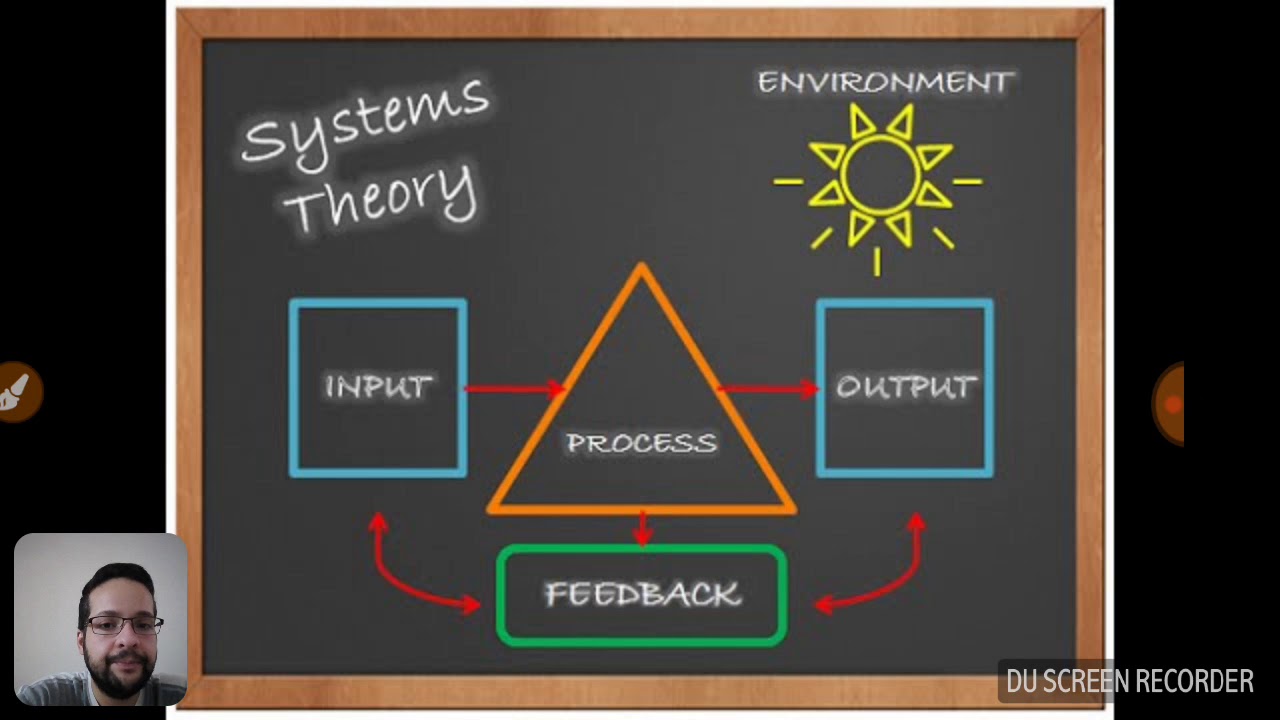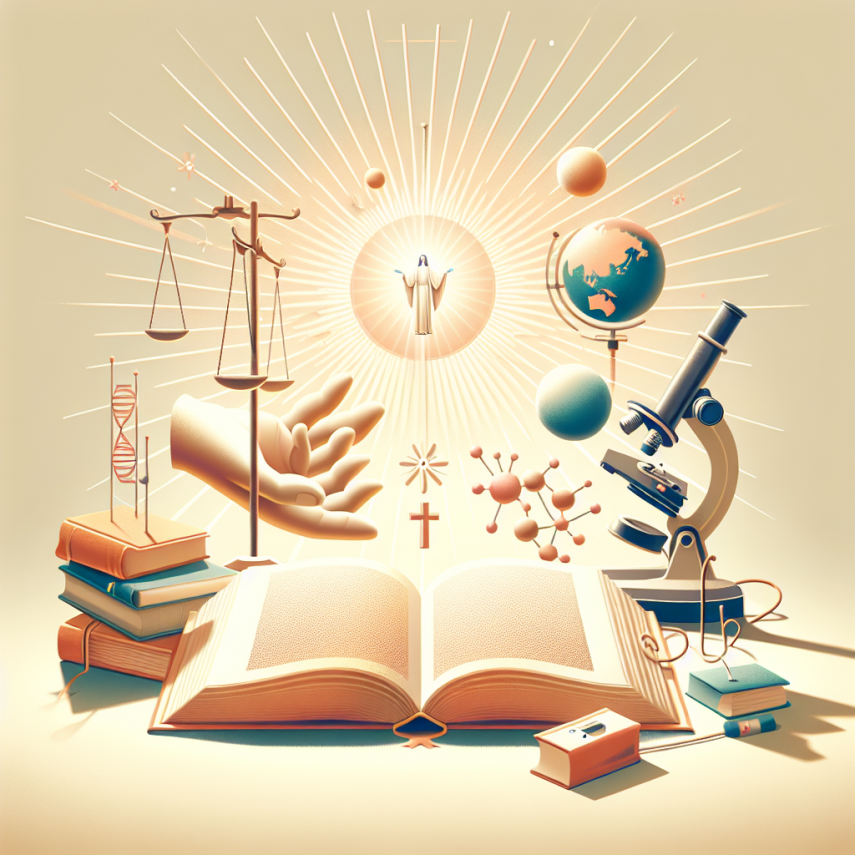“`html
The Role of Testability and Good Explanations in Faith and Science
As I reflect on my journey, threading together the intricacies of both my Christian faith and my professional life in technology, I am continuously struck by how certain principles seem to shape both fields. One of the most profound insights that has emerged for me centers around the concepts of testability and good explanations—principles that not only form the bedrock of scientific inquiry but also seep deeply into how I understand truth in the context of faith.
In one of my recent explorations, I was struck by the power of good explanations that are difficult to vary—a concept central to successful scientific theories. This observation also mirrors a profound reality in Christian theology: when we contemplate the moral, spiritual, and philosophical truths of our faith, we find it rooted in explanations that offer the most straightforward pathways to God’s intent for creation. As Christians, it’s crucial to reflect deeply on how both science and faith ask us to pursue truth through rigorous questioning guided by good explanations.
Testability in Science and Faith
One concept deeply ingrained in scientific disciplines is the principle of testability. In physics, biology, and even social sciences, theories must be grounded in evidence that can be tested and validated by observation or experiment. This approach is rigorous, transparent, and self-correcting—a model that has led to significant breakthroughs in technology, healthcare, and global infrastructure.
Interestingly, as I reflect on the nature of Christian faith, there is also an element of testability within belief. While we are asked to have faith in what we do not physically see, such faith is often nurtured and affirmed through personal encounters with God—through answered prayers, transformations in our lives, and the fruits of living according to scriptural wisdom. The Bible itself encourages believers to “test everything; hold fast what is good” (1 Thessalonians 5:21, ESV).
Just as we might refine a scientific theory after new discoveries, our faith is similarly strengthened and shaped through the persistent trials and tests of life. In fact, many of my personal moments of doubt and hardship have been exactly where I have found the most affirmation of God’s presence in my life.

Good Explanations: The Connection Between Science and Faith
At its core, both fields—science and theology—are committed to good explanations. But what makes an explanation “good”? In the realm of science, an explanation is considered good if it is both testable and hard to vary while still accounting for the phenomena it addresses. On a deeply spiritual level, I have found this principle echoed in my faith journey. The gospel of Christ offers one of the most compelling explanations for the complexity of human existence, morality, and redemption. It is a truth that many seek to challenge, but its core premise—that God sent His Son to save humanity—is difficult to vary without losing its core redemptive message.
This mirrors how a sound scientific theory—such as the theory of gravity or evolution—cannot be adjusted in any significant way without undermining its explanatory power. Just like the Christian gospel, good science is resilient, deeply satisfying in how it addresses the phenomenon it explains.
Unifying Principles Across Disciplines
In recent dialogues, some have sought to develop so-called General Systems Theory, an all-encompassing framework that merges different disciplines such as physics, biology, and sociology. While traditional attempts at creating such a theory may not completely succeed, I believe the intention behind it is correct—we as humans recognize that reality is not siloed. There’s a beautiful interconnectedness between all fields of knowledge, including our spiritual understanding.
| Field | Core Principle | How It Relates to Faith |
|---|---|---|
| Science (e.g., Physics) | Testability – Hypotheses that can be empirically verified | Faith is tested through life’s trials, and we see God’s faithfulness in how He answers our prayers and sustains us. |
| Aesthetics (e.g., Art, Music) | The beauty of creation reflects the mind of a Creator | The Bible testifies to creation’s beauty as a reflection of God’s glory: “The heavens declare the glory of God; the skies proclaim the work of His hands” (Psalm 19:1, NIV). |
| Moral Philosophy | Objective truths about right and wrong | Christian morality rests on eternal truths as revealed in Scripture. |
What this implies is that both science and theology are quests for truth—each in their respective domains—but they are not separate from one another. As suggested in previous blog entries such as Facing Illness with Hope: Finding Christ in Trials, there is remarkable overlap between the methods of inquiry we use in science and the search for understanding in moments of hardship and spiritual uncertainty. Both fields demand persistence, humility, and a grounding in reality.
For example, the process of healing from loss, as discussed in Healing from Loss and Grief, often parallels how scientists continue to search for answers even when early data appears grim. Here, we see that perseverance in both spiritual and empirical realms eventually leads to revelation.
Faith in the Future of Science and Technology
As someone committed to building technology for a better world, I am hopeful for the future of technological advancements, especially when guided by solid moral principles. A good explanation in technology, just like in science, is grounded in both facts and our moral responsibility to use our knowledge for the greater good.
Lessons Learned from General Systems Theory
While integrating disciplines of science is a noble goal, the most profound lesson I’ve gained from this pursuit is the importance of clear, well-grounded explanations. This applies not only to our understanding of the physical world but to everything, including politics, aesthetics, and even personal growth.

In the end, whether we are developing AI models or contemplating the mysteries of faith, the pursuit of good explanations guides us to truth. Progress, in all fields—science, technology, theology, and beyond—is made when we prioritize explanations that are both testable and difficult to vary. As we continue to explore these questions, let’s embrace this approach in both our spiritual lives and our scientific inquiries.

Focus Keyphrase: Good Explanation in Faith and Science
“`




“This article really delves into the questions I’ve been grappling with for years. The idea that both faith and science ask us to seek ‘good explanations’ is eye-opening. I appreciate the way it connects personal belief to rigorous inquiry without oversimplifying the challenges. Truly thought-provoking.”
“This piece reflects the deep connections I see between how both faith and science rely on rooted explanations to guide truth-seeking. I’m always fascinated by how similar these domains are in their quest for understanding.”